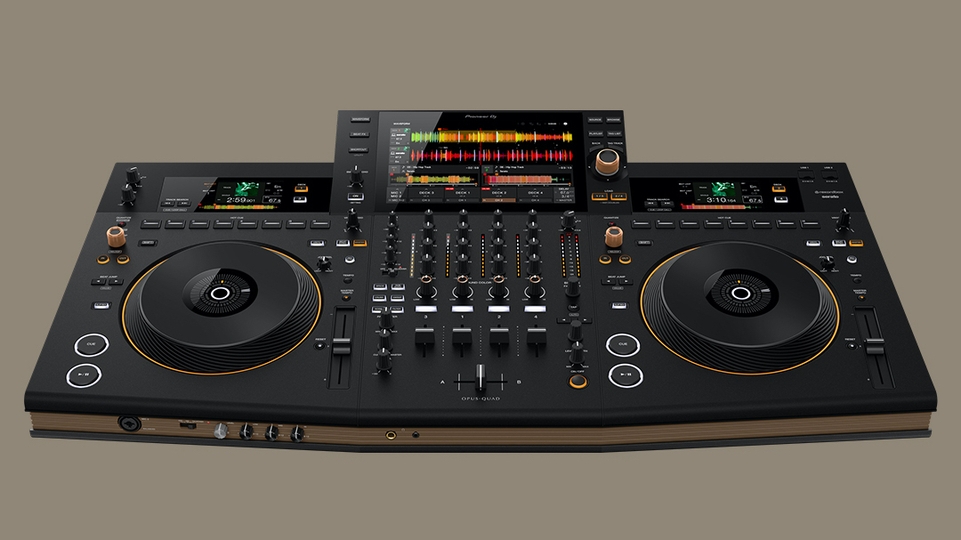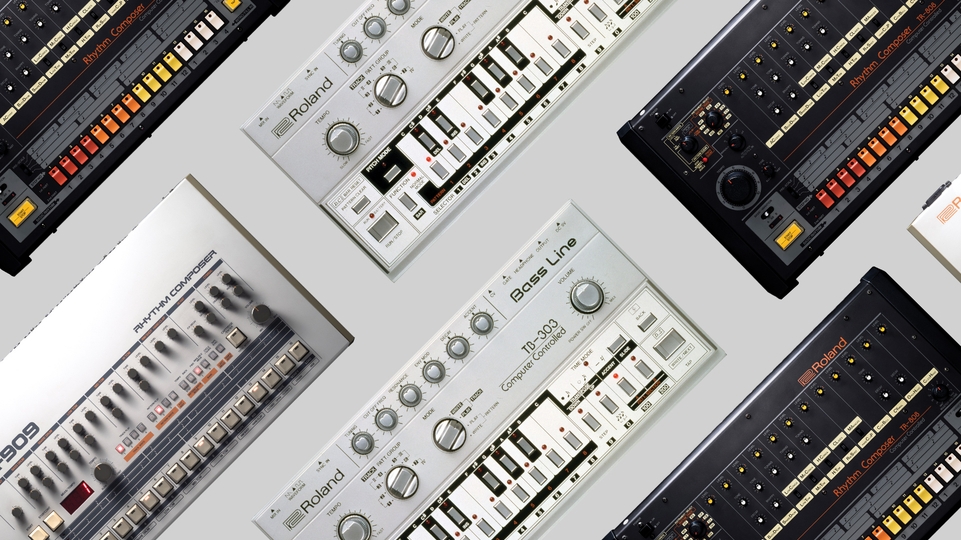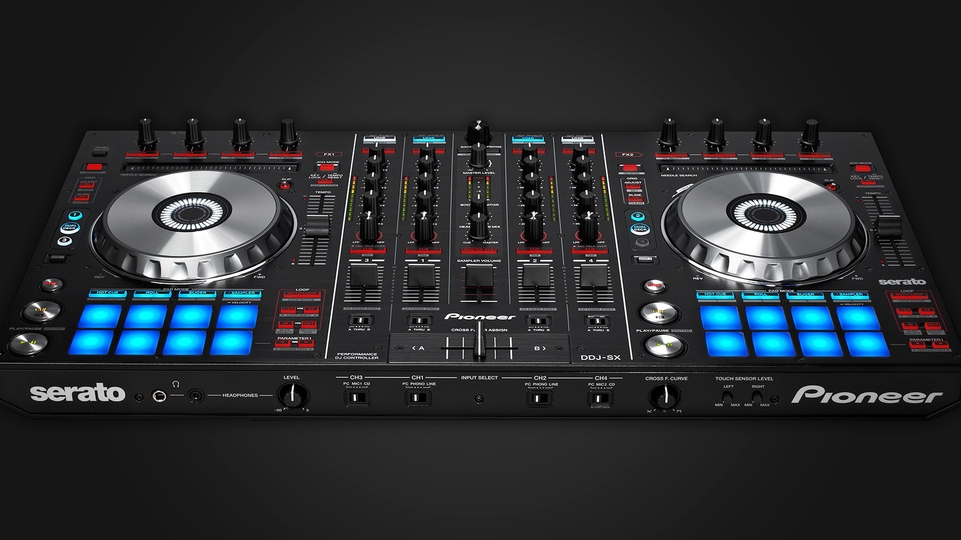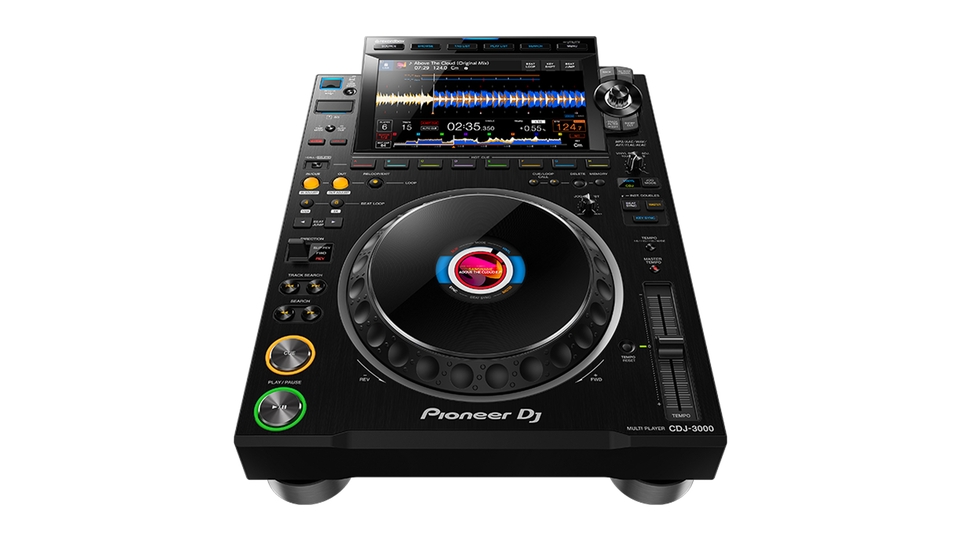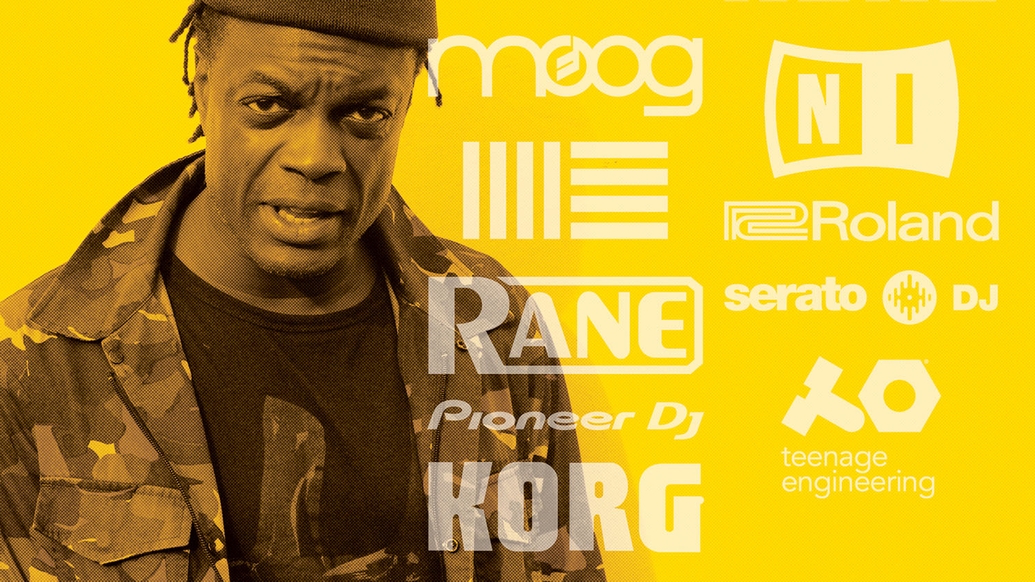
Switched On: How manufacturers are finally waking up to underrepresentation in music tech
DJ Mag’s tech editor, Mick Wilson, investigates Black and non-Black POC representation in the music tech sector, and what industry leaders are doing to address the imbalance
Black and non-Black POC artists have always been at the forefront of electronic music; pioneering DJs and producers who created whole genres, and others who have pushed the scene forward ever since. To realise their artistic visions, these artists have adapted technology in ways never conceived before, but emulated ever since. Take Grand Wizzard Theodore, whose creative use of the turntable was the birth of scratching. Or Jamaican pioneers King Tubby and Lee ‘Scratch’ Perry, whose manipulation of studio effects like delay and reverb created dub’s signature sound. The Belleville Three — Juan Atkins, Derrick May and Kevin Saunderson — harnessed Korg, Roland, and other analogue synthesisers and drum machines to spawn Detroit techno. Or Phuture and their TB-303, which defined the acid sound. The list goes on. Where the credit lies for these revolutionary moments may have been forgotten by many, but the influences of these endeavours still resonates heavily today throughout dance music culture.
It is interesting that, though Black artists have been at the forefront of electronic music as creators, there doesn’t seem to be an equal amount of representation for the Black community in the tech world itself. What are the factors behind this? Historically there would have been fewer opportunities for Black people to break into this sector. If we go back to the ‘70s (and further still), the white-collar companies responsible for many of the most notable music tech developments were based in societies where multiculturalism wasn’t welcomed at the time — Japan, China, the US, Europe and the UK were (and still are) leaders within the field, but were not exactly boasting diverse workplaces. As a result, the number of workers from the Black community would not be represented as equally as workers outside of these backgrounds.
Though times have moved on somewhat, there is still an imbalance, and in recent years some companies have begun to make deep-rooted changes within their internal structures to address this and offer opportunities to marginalised groups. Industry insiders point out that the proportion of Black and non-Black POC making music and using their products, is not reflected by the number of people from these groups working to design, market and sell those products. And that underrepresentation gets worse the higher up you go in these companies. This is a situation that needs to change.
Some companies are aware that they need to get better and there is a long way to go. It is obvious that tech companies have a disproportionate number of white people in the top-tier level of management, it is down to the companies to drive change and address this imbalance. This can only be done from the inside and the companies have to lead on this and actively make the change.
“We can start with correcting ourselves, our immediate teams and then the culture of our organisations,” says Mark Grotefeld, general manager at Pioneer DJ’s EMEA (Europe, Middle East and Africa) division. “We will be delivering internal training to help understand and uncover negative biases that distort our decision making. Through our recruitment we have a breadth of resources to ensure there is a diverse pool of talent coming through.”
Pioneer DJ revealed to us that, as it stands, 11% of their entire UK workforce are POC in management roles. While their EMEA workforce is made up of 40% POC, with 28% in management roles. However, they do not have any POC in their senior leadership team.
“Within Pioneer DJ’s leadership team, we have come to the realisation that we need to do a lot of work around self-examination, exploring our unconscious biases and the extent to which we think and act from societal conditioning,” Grotefeld continues. “We stand firmly against racism and discrimination of any kind; the foundation of our industry was built on the talents of the Black community and we have deep respect for this. Our mission statement, ‘One Through Music’, represents human connection through music. This is what the dancefloor is, and has always been about, togetherness. No matter one’s ethnicity, religious values, sexual orientation or any disabilities one may have, music can break down perceived barriers to acceptance. In this context music can be a great teacher and great healer.”
As a show of solidarity around the Black Lives Matter issue, some companies posted statements of support, especially around Blackout Tuesday. However, any talk from a brand can easily just be interpreted as virtue signalling. Further to this, having a marketing campaign about initiatives to support POC communities can be seen to be jumping on the bandwagon. This is particularly true when the lived experience of employees doesn’t reflect the supportive messaging.
"Industry insiders point out that the proportion of Black and non-Black POC making music and using their products, is not reflected by the number of people from these groups working to design, market and sell those products. This is a situation that needs to change"
Native Instruments made headlines recently after former employees shared stories of racism that they had experienced during their time at the company. One included the handling of a promotional campaign with Portuguese artist DJ N-Fox. Internally the company were advised against using offensive wording in the campaign by Black and POC employees, and reportedly assured the staff members they wouldn’t, but went ahead and used it anyway. The company was called out, and though they went on to admit that they had handled the situation badly and release an official apology, it was only after significant pressure from current and ex-employees and a large number of artists. What we are experiencing here is reactionary; companies have to be more proactive in fostering diversity and equality in the work place to ensure these situations don’t occur in the first place.
More than words or social media posts, real action needs to be taken — something that, from our interviews, many in the industry are well aware of. Companies like Pioneer DJ, Ableton and Teenage Engineering have done some work to support music makers from Black and non-Black POC communities. Much of this isn’t spoken about publicly, partly because this isn’t the only solution and there is still more to be done, and partly because taking action instead of just talking about these important topics is the only way to effect real change.
Ableton offer a self-organised User Group network, which involves open, inclusive meet-ups for music makers right across the world, including in Nairobi, Johannesburg, Cape Town, Enugu (Nigeria), and also right across Asia and South America. The meet-ups often include Ableton Certified Trainers or internationally celebrated artists, and are designed to help people from all backgrounds learn music. Ableton are also involved in some localised ongoing projects, which aim to leave a musical legacy for those who need it.
Pioneer DJ are a founding supporter of the Bridges for Music Academy, a non-profit organisation which sponsors and nurtures local talent from townships in South Africa, providing them with the skills and knowledge to launch careers in the music industry. Pioneer DJ are heavily invested in this project at an organisational level; each semester they sponsor a number of students on their educational journey and pair the students with a Pioneer DJ staff mentor to support and guide them.
“We want to see change, it’s long overdue, and as a brand we know we can do more,” says Grotefeld. “We are committed to listening and understanding, and being part of positive change. We understand more work needs to be done as an organisation. We can do more to support BAME talent and amplify marginalised voices. Our artist relations and marketing teams are actively seeking to empower BAME talent to ensure that we are representative of the global community.”
Swedish synth manufacturers, Teenage Engineering, have announced that they will begin sharing sales revenue amongst Black musicians and other artists of colour in the United States, in recognition of their role in popularising the company’s products.
The conversations at times are not going to be easy, but need addressing to start correcting the imbalance of diversity and equality within the technology side of our industry. We as a magazine can’t provide all the answers, but we can open up dialogue, help educate, show empathy and understanding to the issues, and work together to reach solutions.
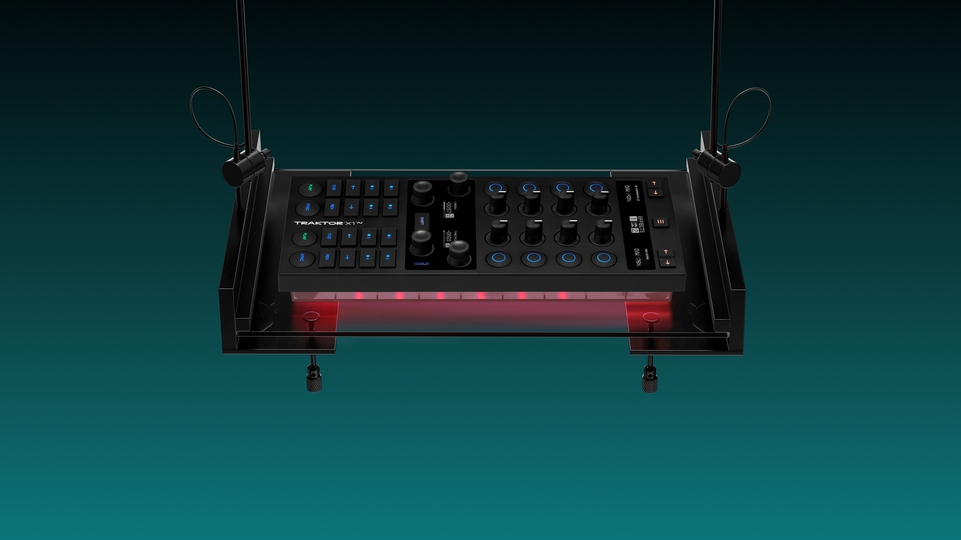
.png.jpg?itok=k_F9jfF7)
